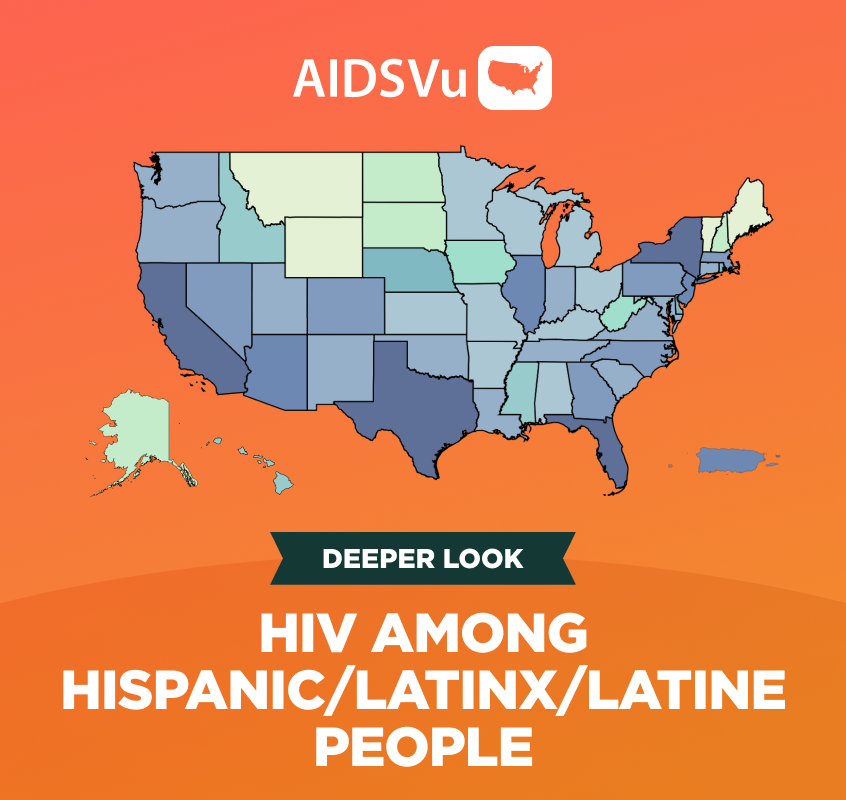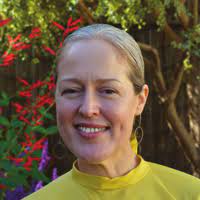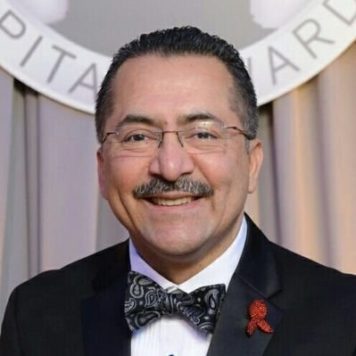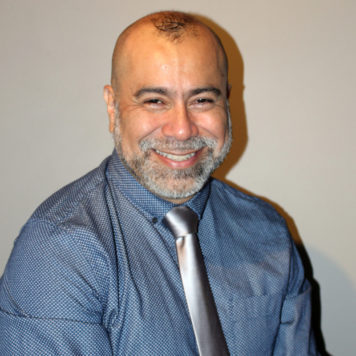Elliott R Weinstein, MPH, M.S., is a 4th year clinical-health psychology PhD student at the University of Miami with an interest in how to address HIV and mental health disparities among marginalized populations.
Your research focuses on addressing HIV and mental health disparities among marginalized populations. What drew you to this line of work?
Growing up as a gay man in New York City, the history of the HIV/AIDS epidemic and the LGBTQ rights movement were all around me. As I came of age, I learned more about the devastation that HIV had caused within my community (and even within my family), as my uncle passed away from AIDS-related complications in 1992. It became clear to me that I needed to give back to the community that had done so much for me, and to honor a generation of LGBTQ folks who had lost their lives to HIV and their families who were forever changed with the loss of their loved ones. Another driving force was recognizing my position of power and privilege as a cisgender, college-educated white man from an upper middle-class family. Because of that status, people listen to me when I walk into a room. I felt an urge to use my voice and platform to advocate for and uplift the voices of folks from more marginalized backgrounds. By doing that, I aim to be consistently chipping away at the systemic oppression that’s engrained in our current society and move towards creating a more just and equitable world.
In a recent study, you expressed the need to develop culturally grounded strategies to expand the reach of HIV prevention and treatments to Latino Men who have Sex with Men (LMSM) that take into account the cultural context of this community. Can you walk the readers through some of these strategies and what it means to conduct culturally grounded research?
First, I want to acknowledge that this project was the brainchild of Dr. Audrey Harkness and her team at the REACH (Research Engagement and Community Health) Equity Lab, so none of this would have been possible without her. Taking a step back, there are so many factors that impact someone’s engagement in HIV health services, particularly Latino Men who have Sex with Men (LMSM). These factors range from the individual level, such as mental health and cultural background, to the more structural or societal level, such as the communities that they’re involved in or what their families and social networks look like. Through conducting qualitative interviews with various LMSM in south Florida—in addition to looking at focus groups with LMSM and people working in HIV-related care settings—we learned the importance of conducting health interventions in both English and Spanish to make sure we could reach all corners of the LMSM community, and we gained a better understanding of the cultural factors that may lead somebody to internalize different types of stigma. The stigma related to sexual orientation held by somebody who grew up in Mexico may be entirely different than that of somebody who grew up in Miami, and those cultural factors may impact how they engage with treatment services. Furthermore, one of the most influential strategies that we learned from this work was the concept of harnessing peer influence to improve and expand access to services. This peer influence doesn’t only come from friends, but also from leaders and activists in the larger LMSM community.
To conduct culturally grounded research requires folks to bring the communities that our research centers on directly into the larger conversation. It’s essentially about making a covenant with our research communities where members of these communities become active partners and leaders within the research instead of the research just being done on or for them. Within my research networks, we have utilized this approach by setting up community advisory boards with LMSM who help design our studies and ensure that our intervention materials are culturally competent. They also help analyze data and disseminate the results so that they are taking an active role in every step of the research process.
Another recent study of yours looked at both structural and psychosocial factors—such as lack of health insurance, housing instability, immigration concerns, and financial hardship–which are elements of people’s lives that often impacts their mental and physical health. Your study examined the impact of these factors on HIV-related health outcomes among LMSM. How do these factors relate to health outcomes, and how can we work through them to increase HIV prevention and treatment in the Hispanic/Latinx community?
Health is highly influenced by several factors, both structural and psychosocial. Often in research, we place too much emphasis on the psychosocial factors at the individual level, and we fail to address the structural barriers that can cause so much harm. This outlook puts too much onus on the individual to just “pick themselves up by their bootstraps” rather than addressing the real drivers of the health disparities, which are socioeconomic inequalities that we see at the structural level.
In the study, we observed those structural factors and saw that they were not only related to increased psychological distress, but also poorer engagement with HIV prevention-related services. These findings suggest that these structural problems are driving not only the individual psychosocial factors, but also people’s engagement with health services. Future interventions should really take this to heart and remember that although it’s helpful to address those psychosocial issues, we also should be addressing the root factors. We need to tackle the systemic inequalities that we see at the community level and the policy level so that the individual can access the resources they need to get the care that they so rightly deserve.
In 2021, Hispanic/Latinx individuals had the lowest rate of PrEP use among all races/ethnicities despite accounting for 26% of new HIV diagnoses. What strategies should researchers and public health officials employ to work towards expanding PrEP use among LMSM and other marginalized populations?
As I touched on earlier, we need to ensure that LMSM and other folks from marginalized backgrounds are at the table making the decisions as to what is needed in their communities. Entering their community spaces as a researcher with the privilege I mentioned, simply saying what I think their community needs is not enough. We need to be going directly to these communities and asking for their partnership in providing services and creating interventions that are culturally competent and understand the unique cultural background of Hispanic, Latinx, and sexual minority communities. Once those interventions are developed, we also need to ensure that the people who need it most can access it, which is a challenge that relates back to the structural barriers and equity issues that we’ve discussed. If we create perfect interventions that increase PrEP use and HIV testing, but the interventions aren’t accessible to the community, there is essentially no point. Access is almost as important, if not more important, than creating the intervention in the first place.
October 15 is National Latinx AIDS Awareness Day (NLAAD), a day to recognize the disproportionate impact of the HIV epidemic on Hispanic and Latinx populations in the U.S. What message do you have for the community on this day?
I really want folks to advocate for yourself, your family, your loved ones, your friends, and your community. Make sure that you and your community members are getting a seat at the table, so that the services that your community needs are being developed and are becoming accessible within your community. Working with Latinx communities in my research has allowed me to learn about so many unique cultural values and to appreciate the beautiful nature of so many of them. One that always sticks with me is the idea of familismo and helps me to remember that we’re all in this together. We should be approaching mental and physical health in the same way, remembering that we’re all just one big family and if we look out for each other our general health and wellbeing will improve.




